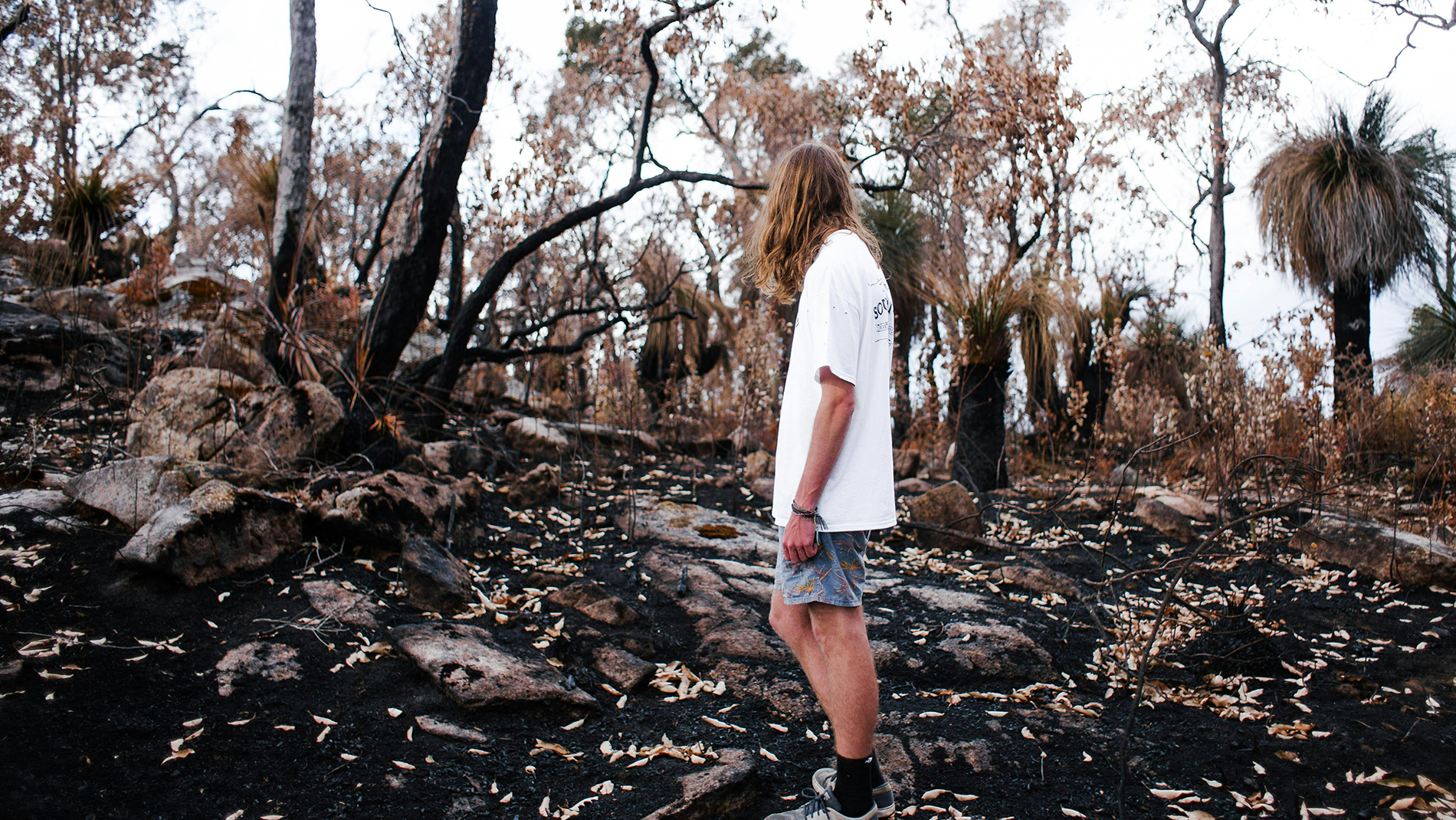
The hidden force driving disaster preparedness in California’s fire country
A new study conducted in Lake County, California — one of the most wildfire-affected regions in the country — has found that residents’ anxiety and stress about climate change is associated with increased disaster preparedness behaviors.
 The research, “Understanding climate change anxiety and anticipatory climate disaster stress: A survey of residents in a high-risk California county during wildfire season,” published online in BMJ Mental Health, surveyed more than 800 Lake County residents at the beginning of the 2023 wildfire season. Findings include:
The research, “Understanding climate change anxiety and anticipatory climate disaster stress: A survey of residents in a high-risk California county during wildfire season,” published online in BMJ Mental Health, surveyed more than 800 Lake County residents at the beginning of the 2023 wildfire season. Findings include:
- Residents who had prior experiences with wildfires and greater exposure to wildfire-related media were more likely to report higher levels of climate change anxiety and anticipatory stress about future climate disasters.
- Those reporting higher anxiety and stress were more likely to have prepared emergency kits and power outage supplies for the upcoming fire season.
- Climate change anxiety and anticipatory stress were also associated with greater intentions to evacuate if instructed during a wildfire.
“Our findings suggest that a certain level of anxiety and stress about climate change may actually be adaptive, motivating important disaster preparedness actions,” says Tiffany Junchen Tao, UC Irvine doctoral student in clinical psychology and first author of the paper. “However, it's critical to distinguish between reasonable concern and debilitating distress.”
As climate-related disasters increase, understanding the psychological responses of vulnerable communities is crucial, says senior author Roxane Cohen Silver, UC Irvine vice provost of institutional research, assessment, and planning and distinguished professor of psychological science, medicine, and public health. “Our results can inform emergency management and mental health interventions in similar high-risk regions globally.”
Tao and Silver co-authored the study with Kayley D. Estes, UC Irvine postdoctoral scholar; E. Alison Holman, UC Irvine professor of nursing; and Farshid Vahedifard, Tufts University professor of civil and environmental engineering.
Their research provides insights that could help tailor disaster preparedness strategies for high-risk communities, particularly those facing socioeconomic challenges. The researchers emphasize the importance of providing resources to help disadvantaged residents engage in disaster preparation.
“Among residents in communities that have experienced significant climate-related disasters, prior experiences with climate disasters were associated with climate change anxiety and anticipatory climate stress, which were themselves related to preparedness for another climate disaster,” they note. “These findings have deepened our understanding of how psychological processes are implicated in coping with wildfires, as well as human behaviors in a disaster context. They bear value in informing future interventions to promote self-protective preparatory behaviors to prevent and mitigate the worst impacts of climate-related disasters.”
— Mimi Ko Cruz